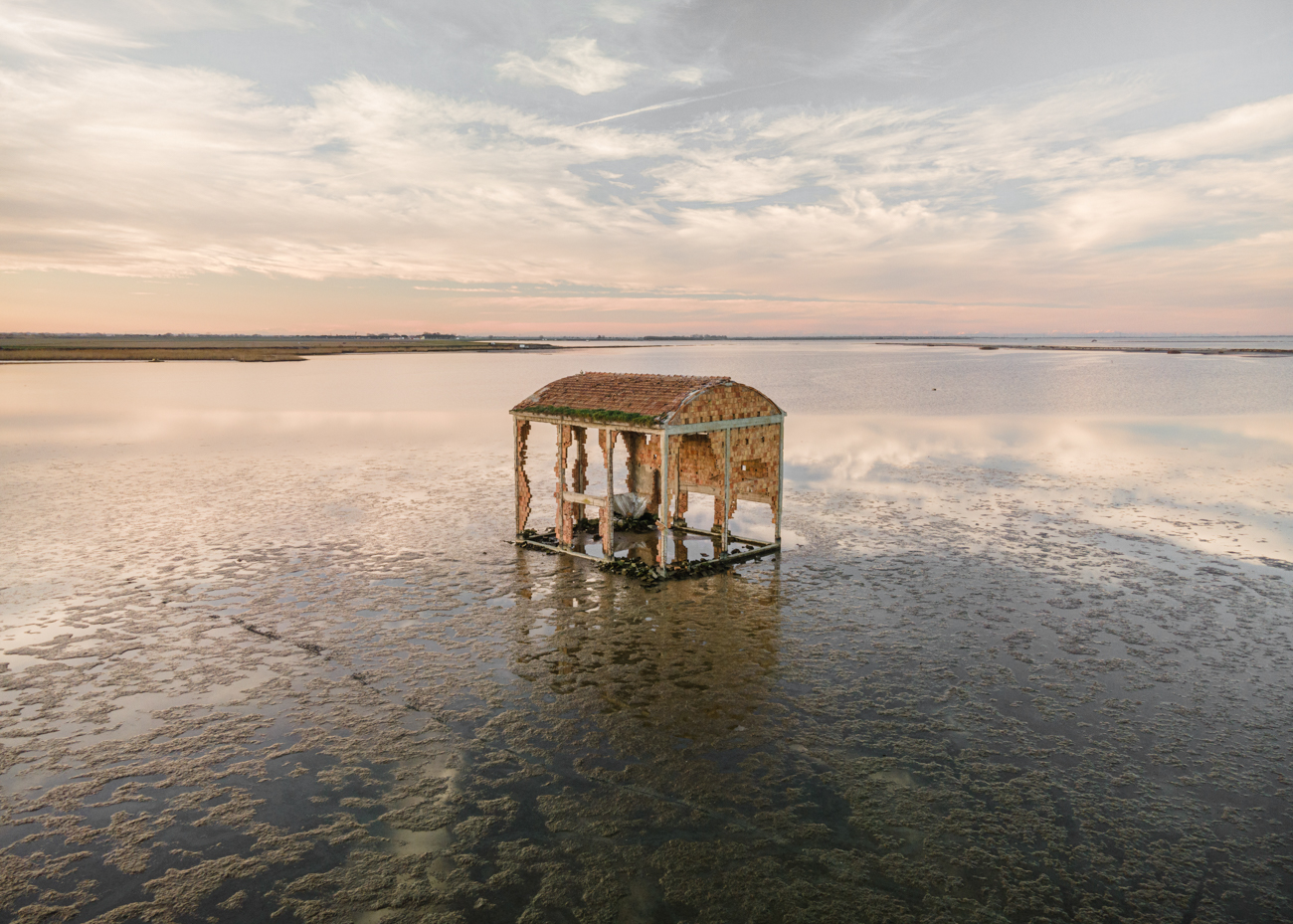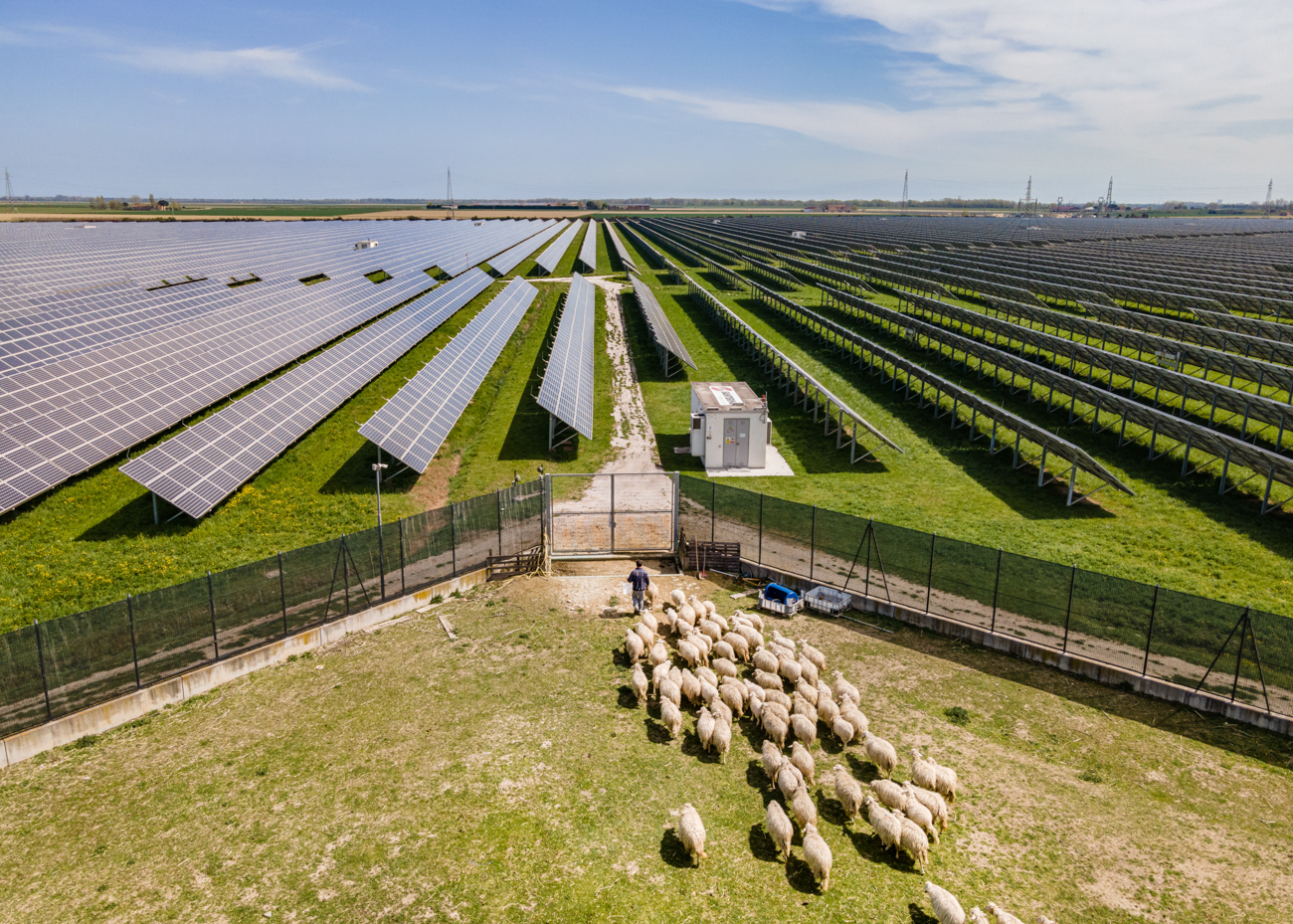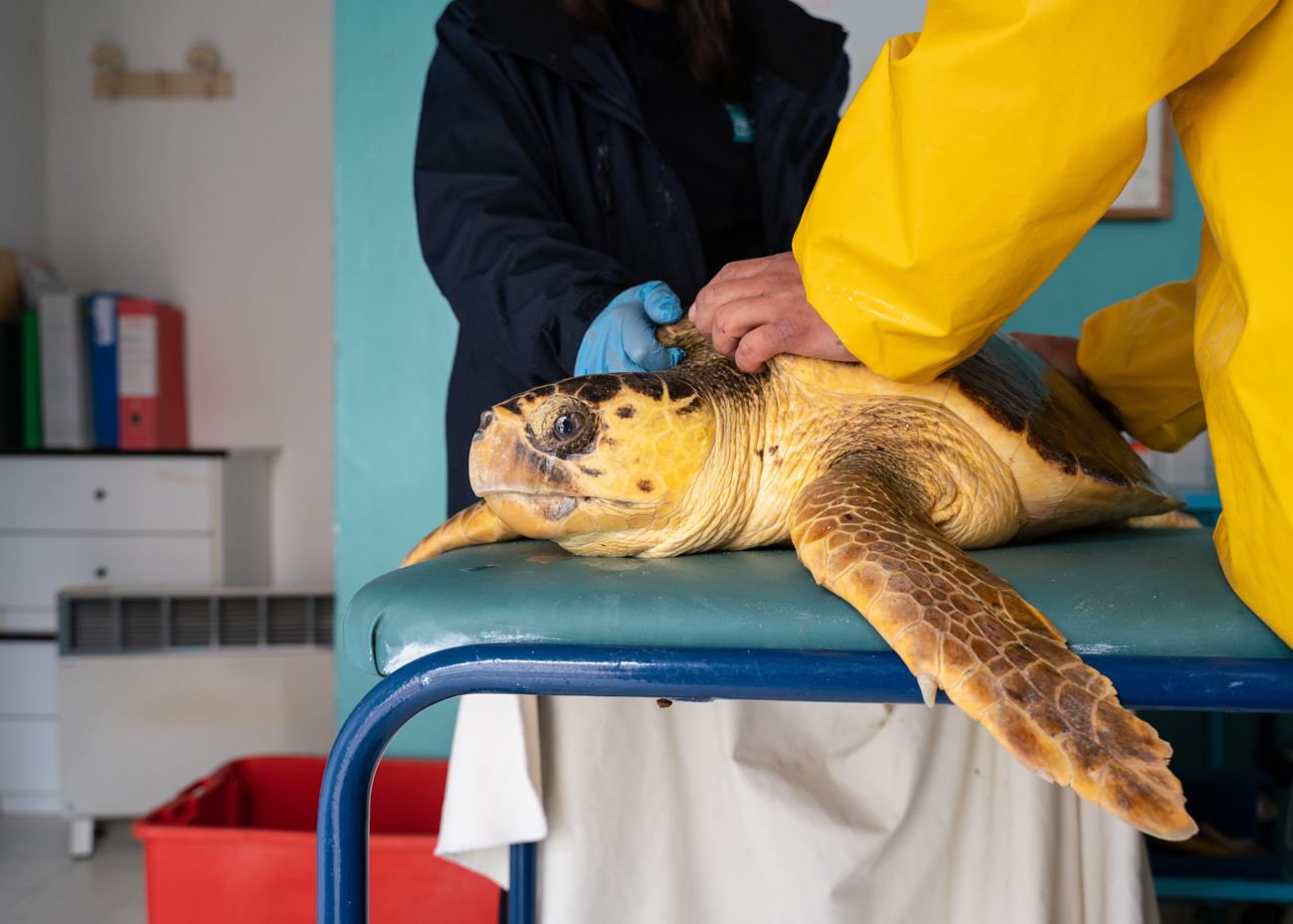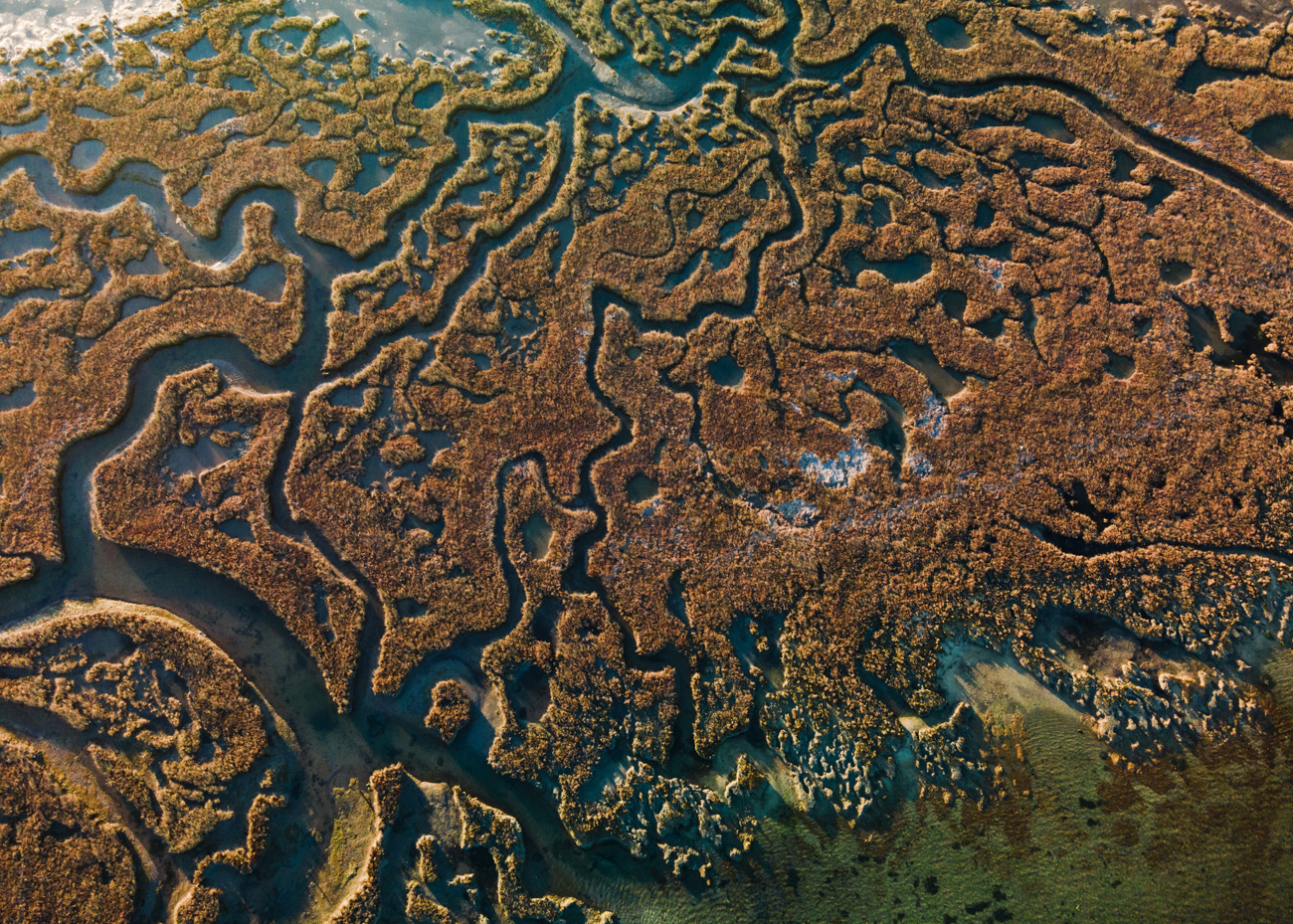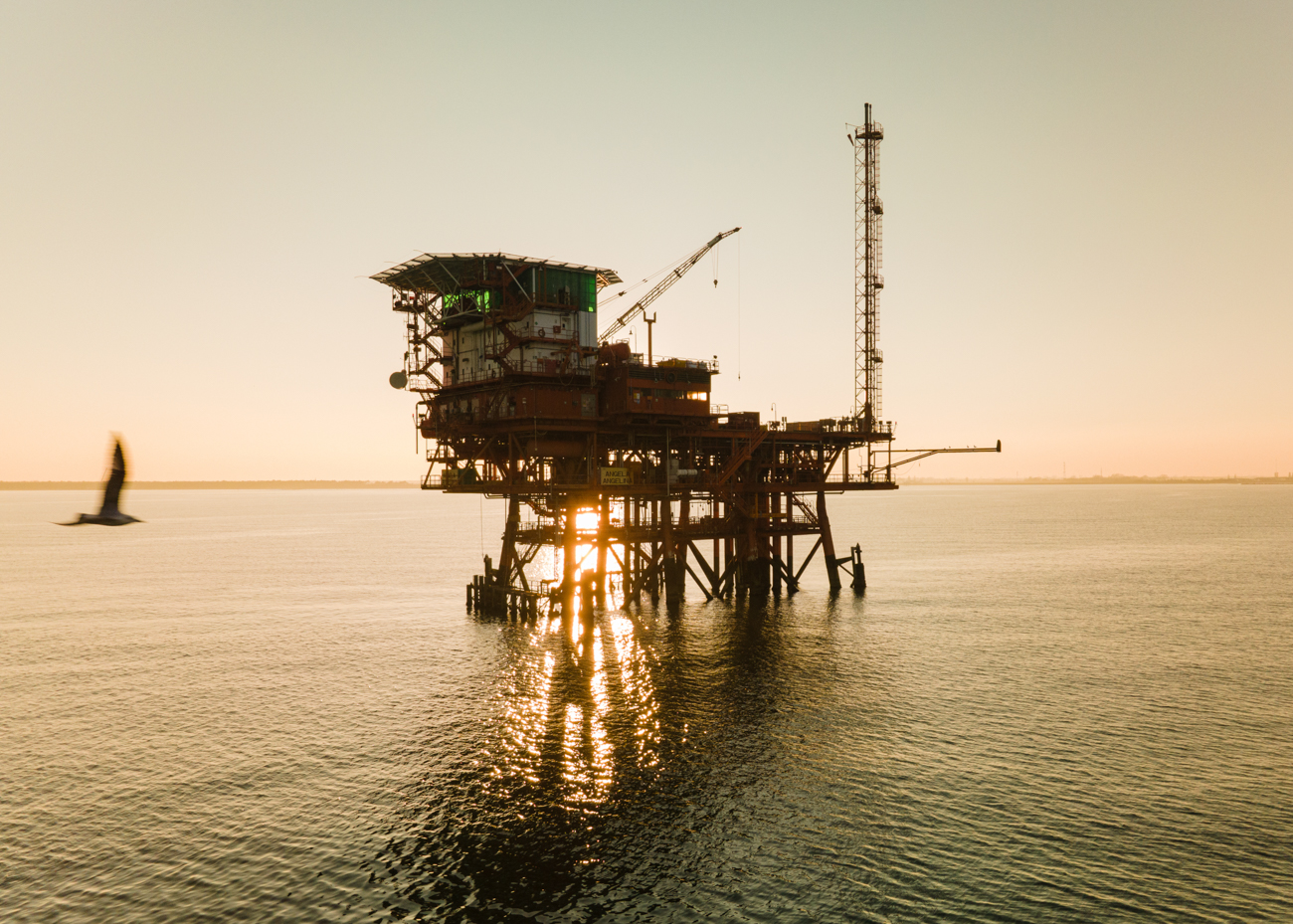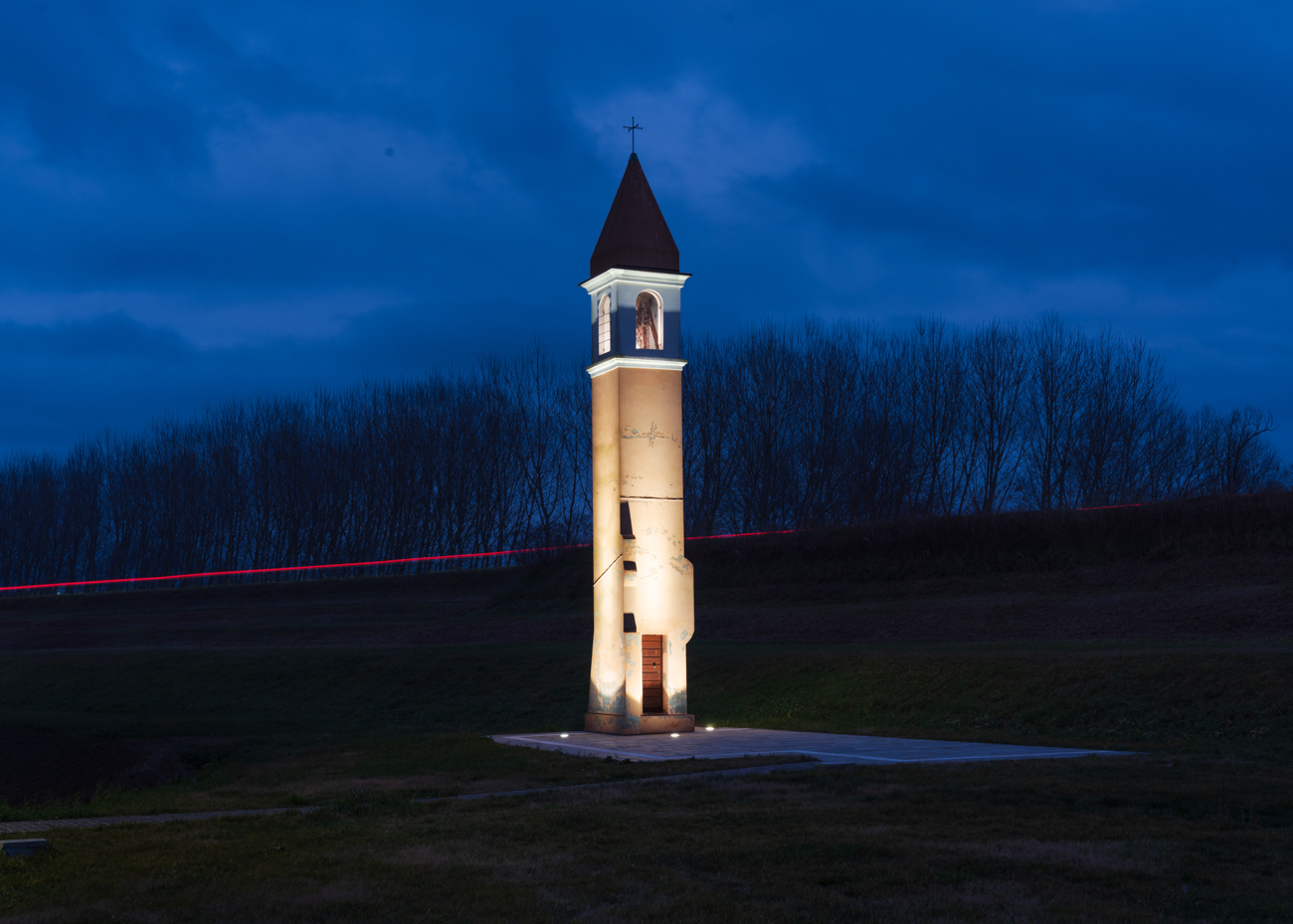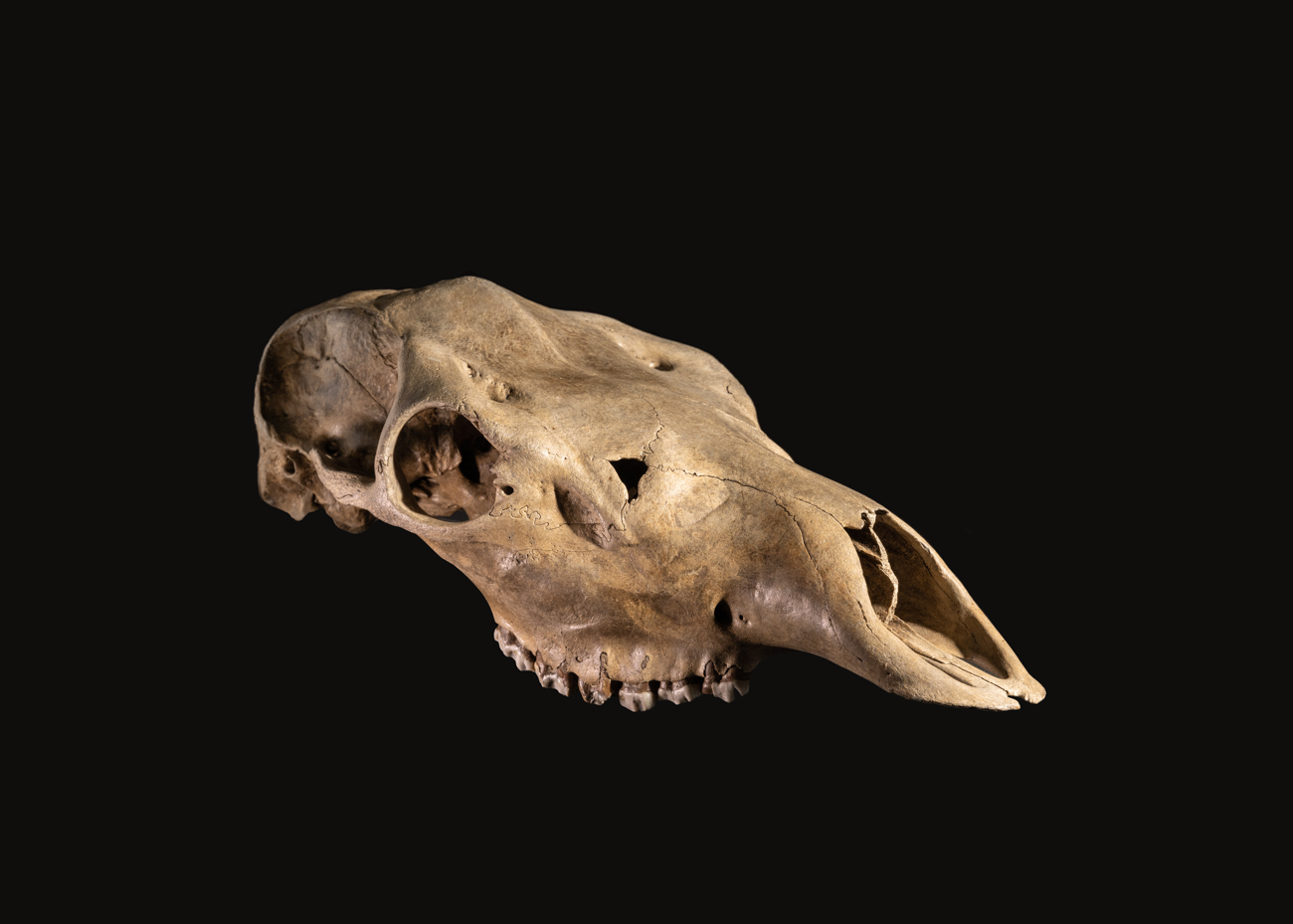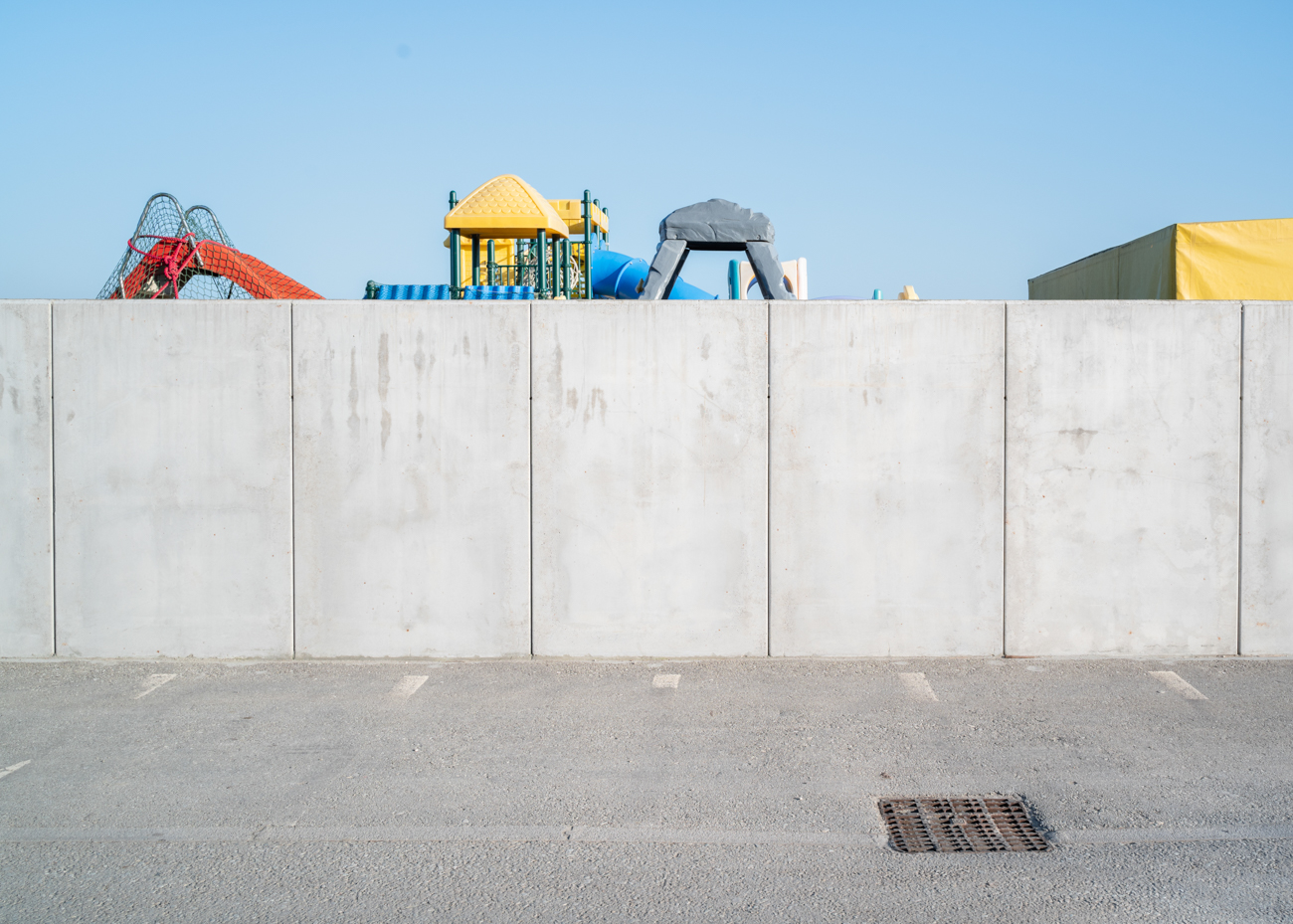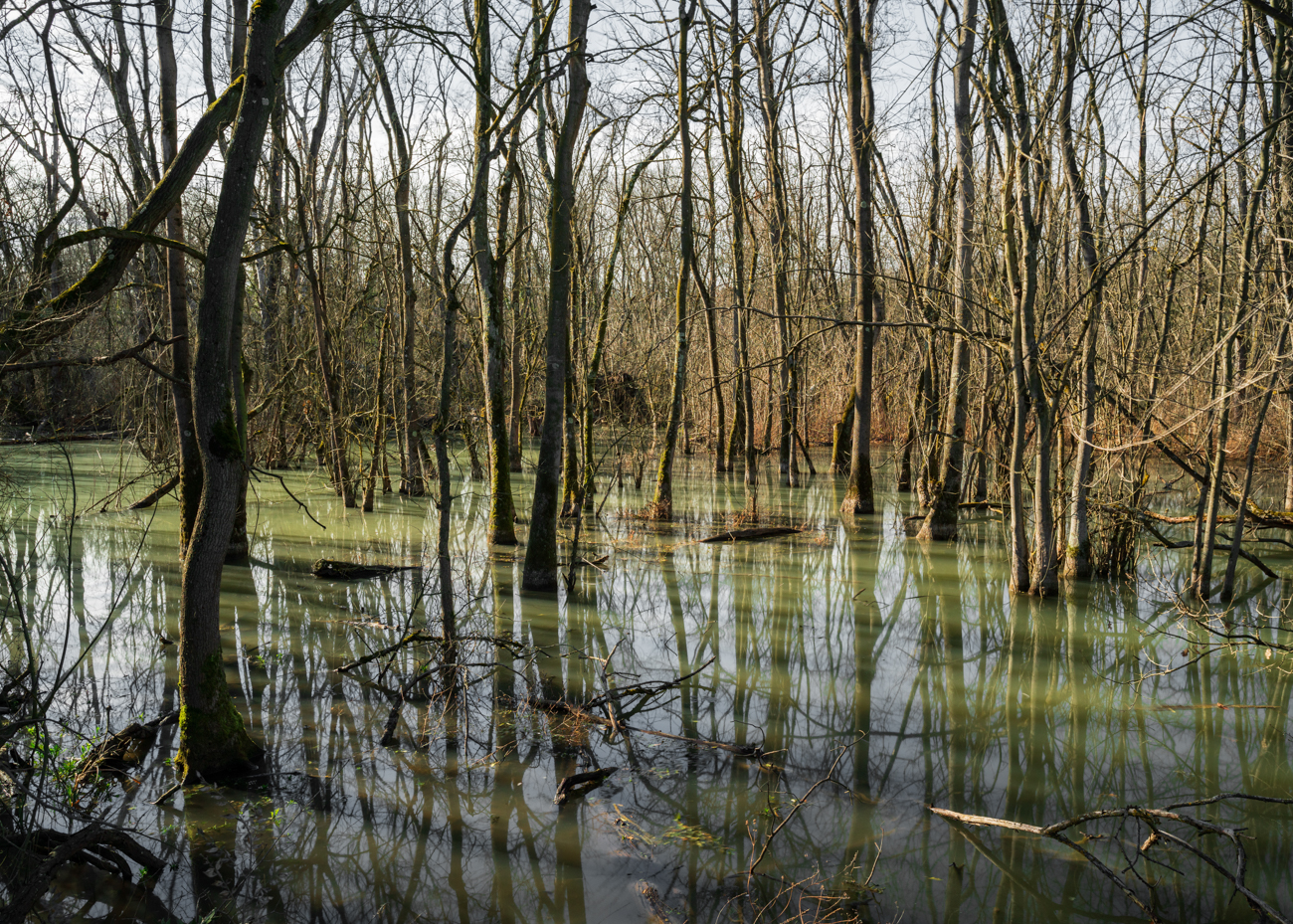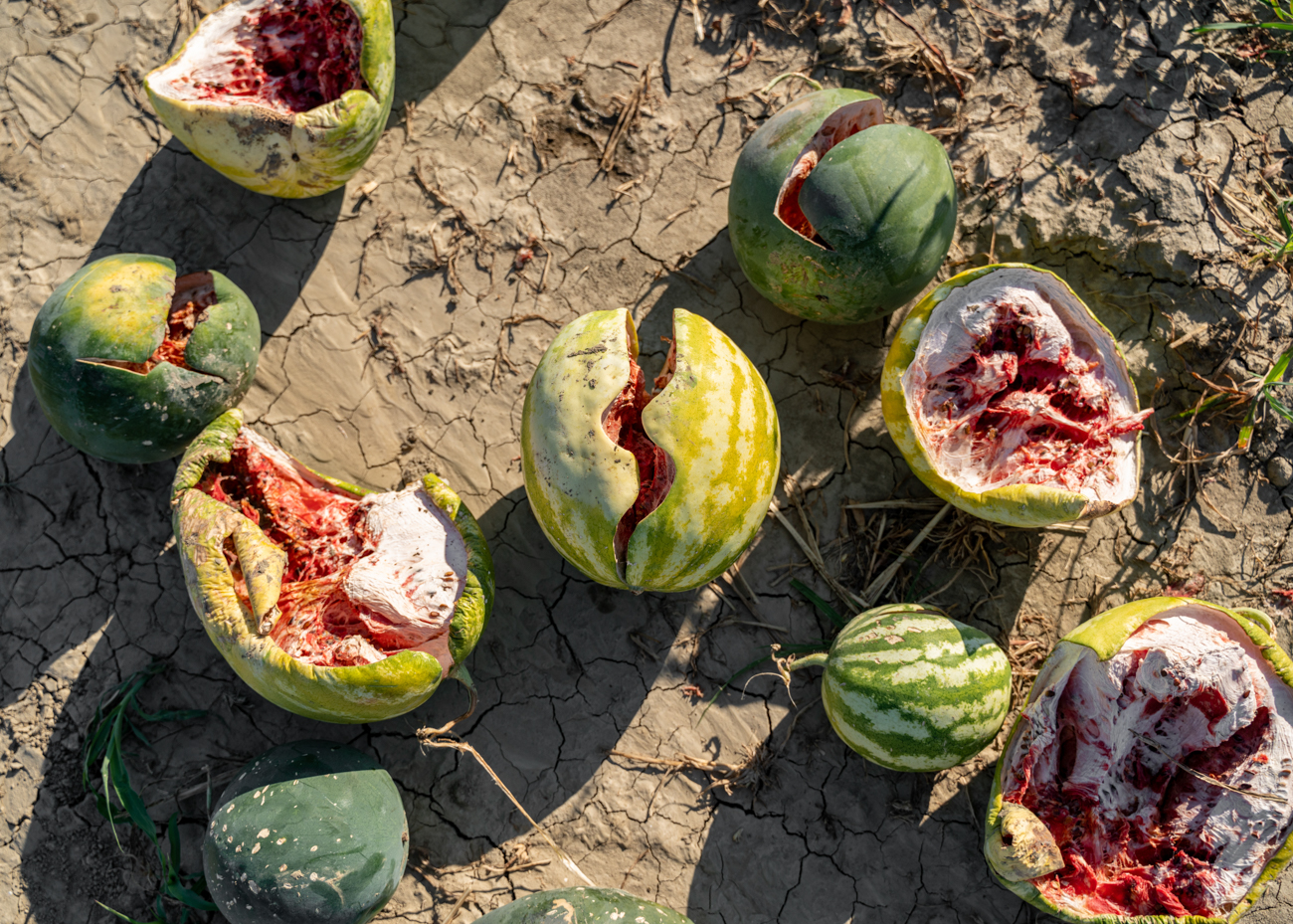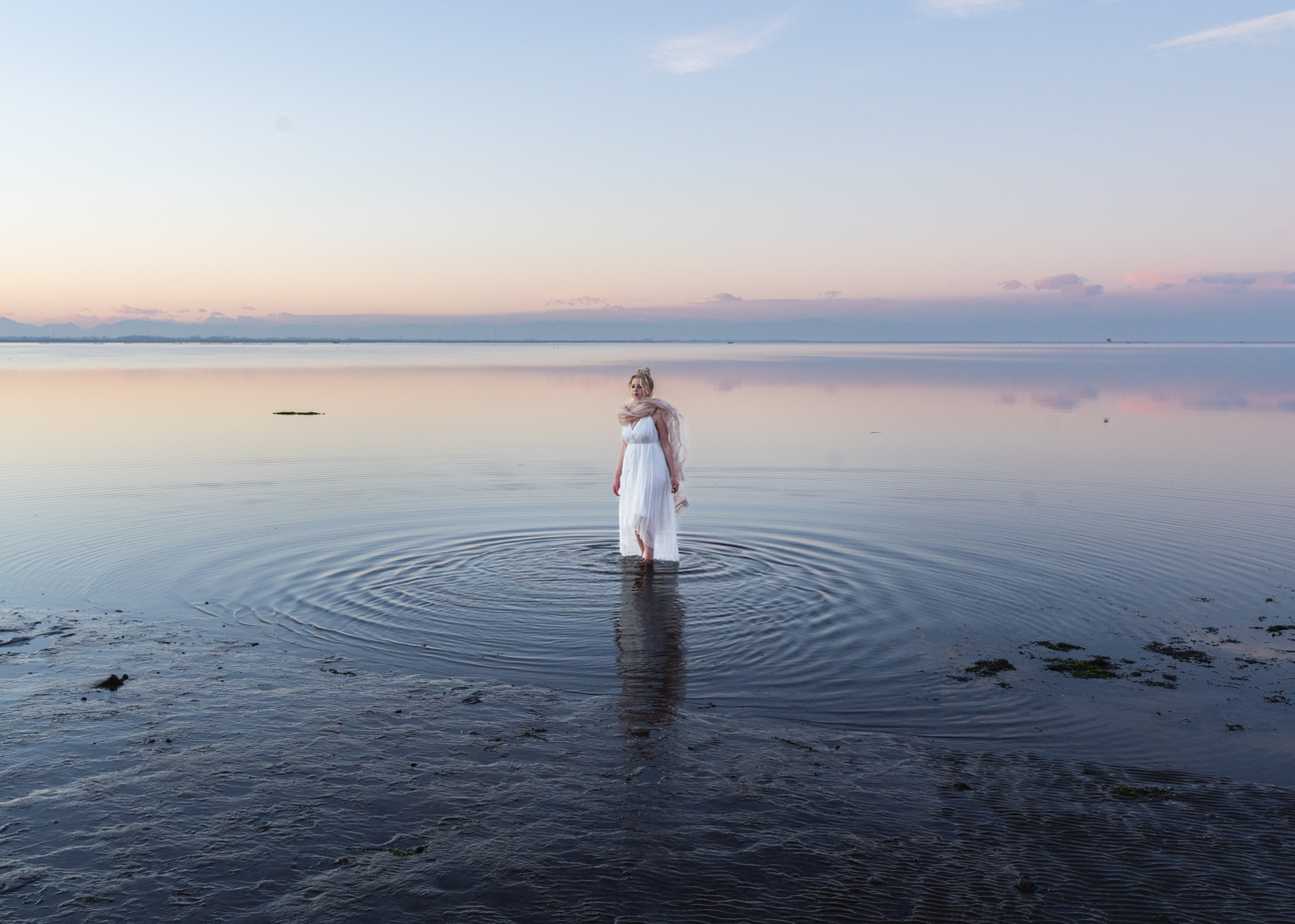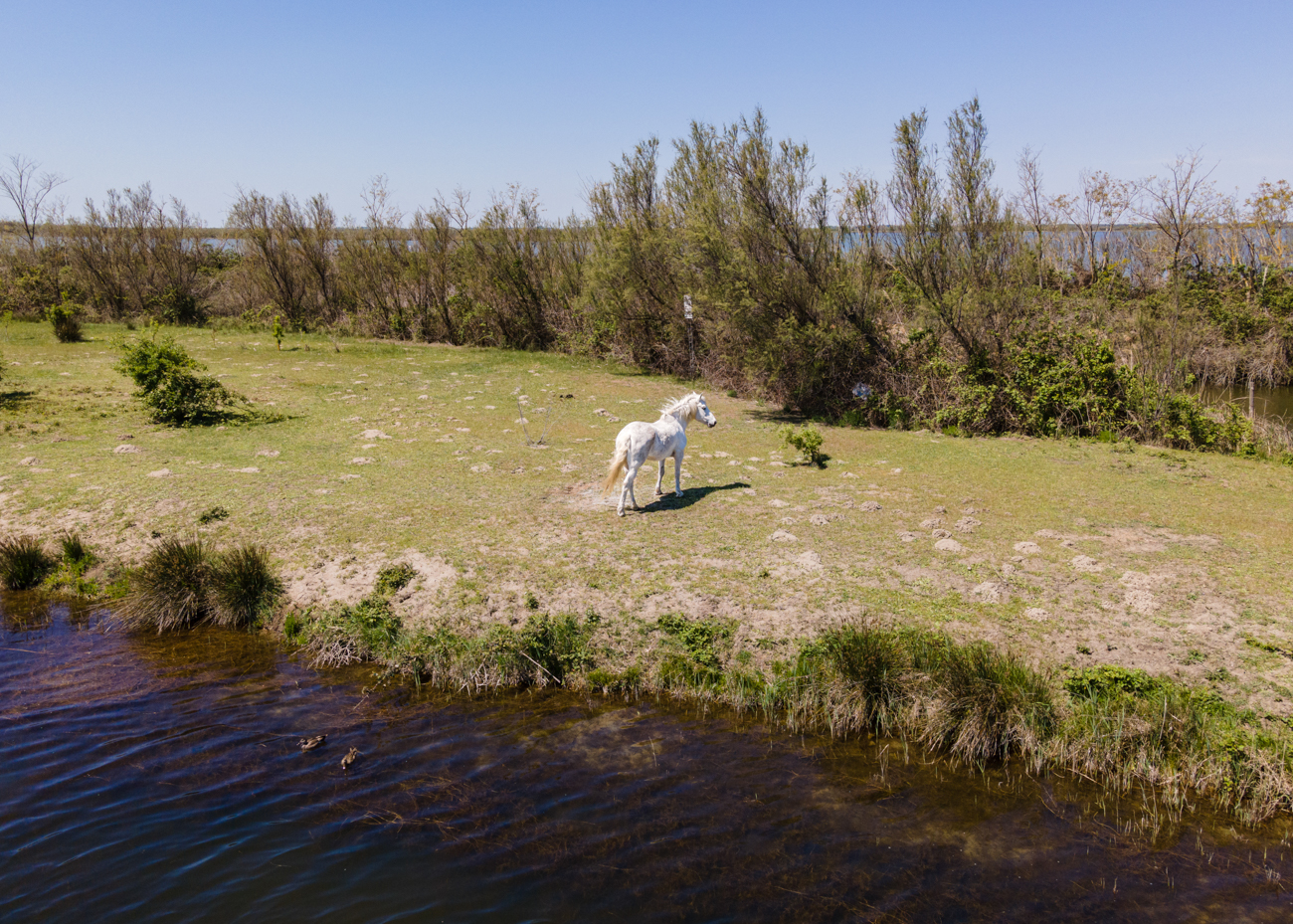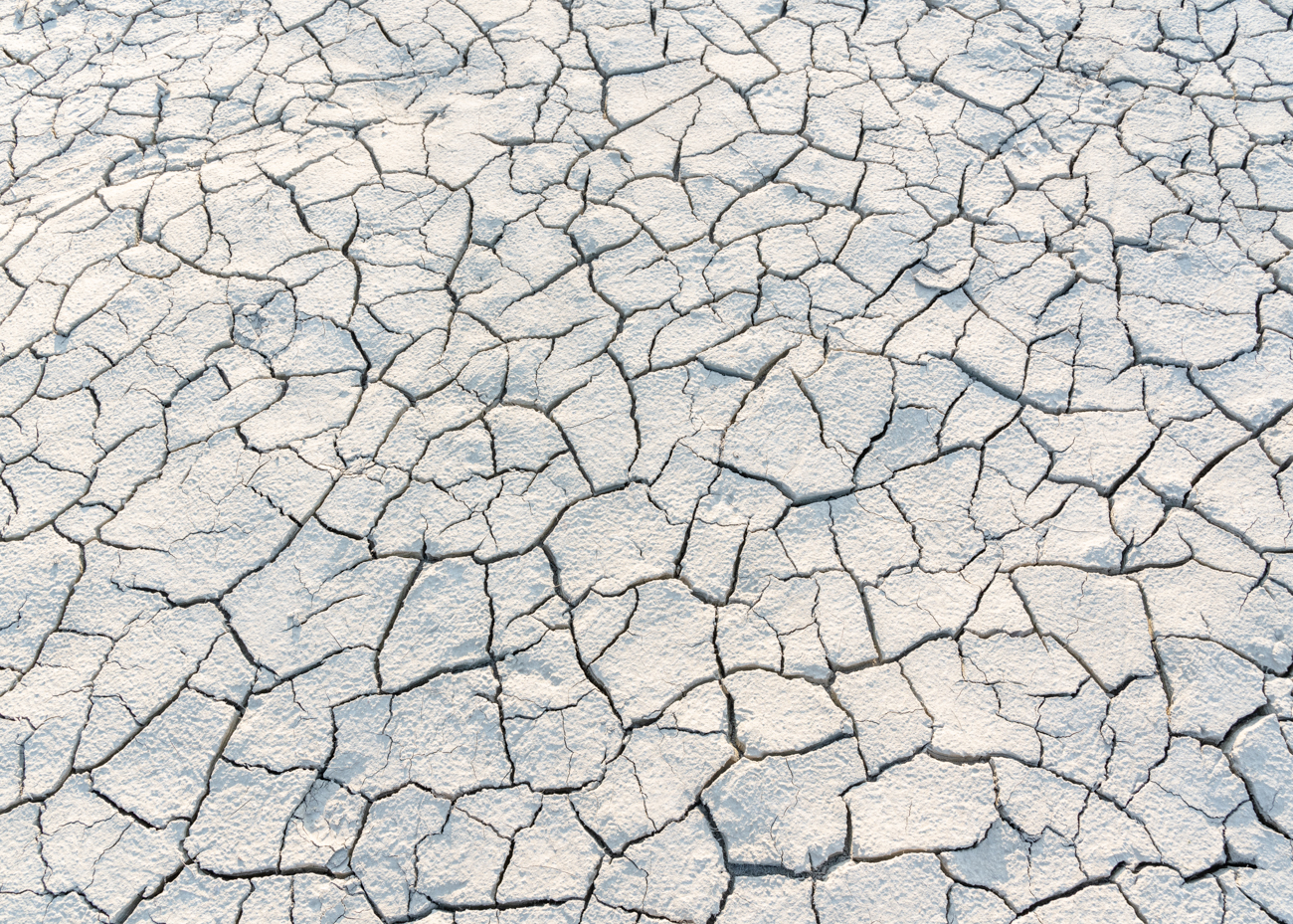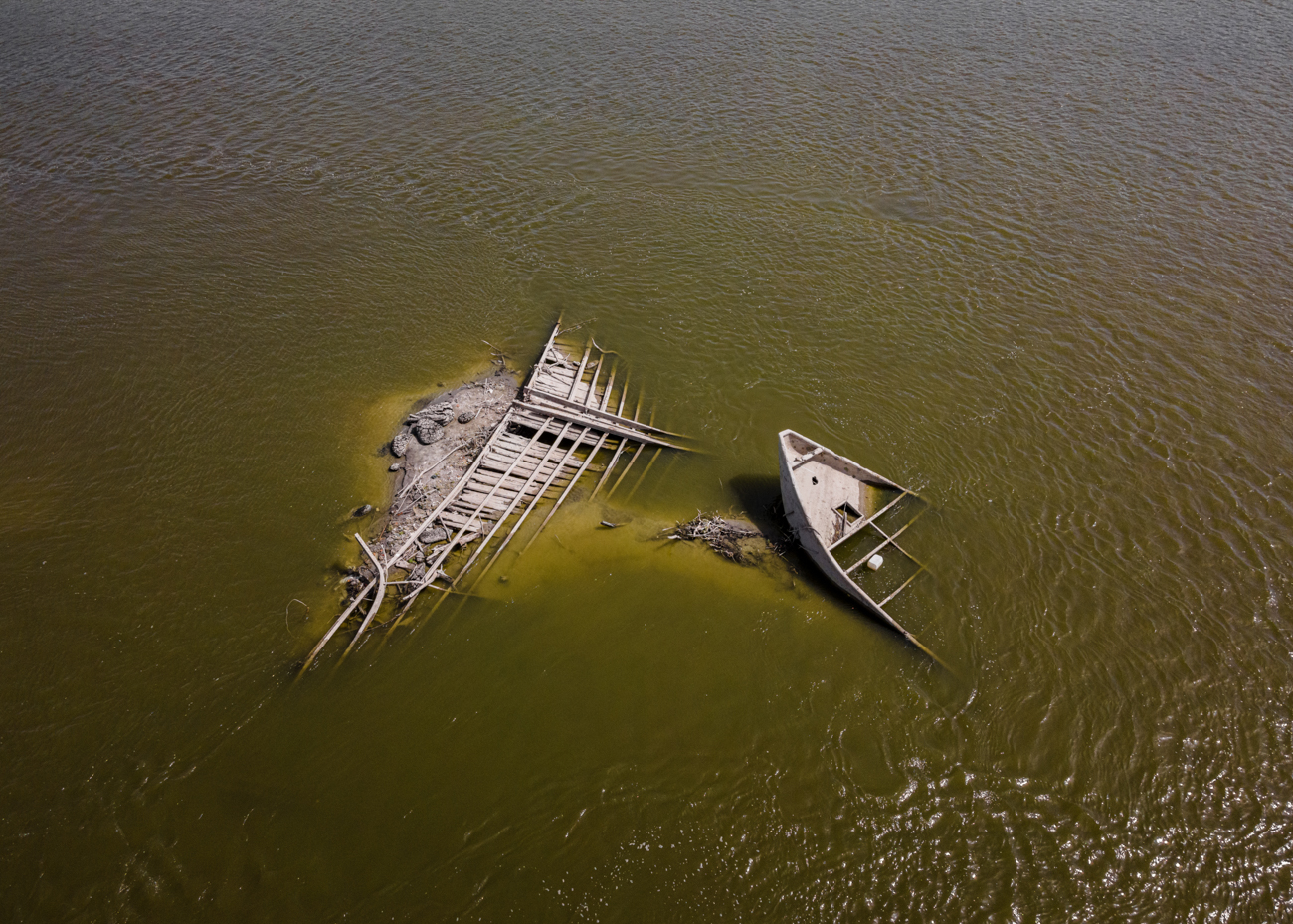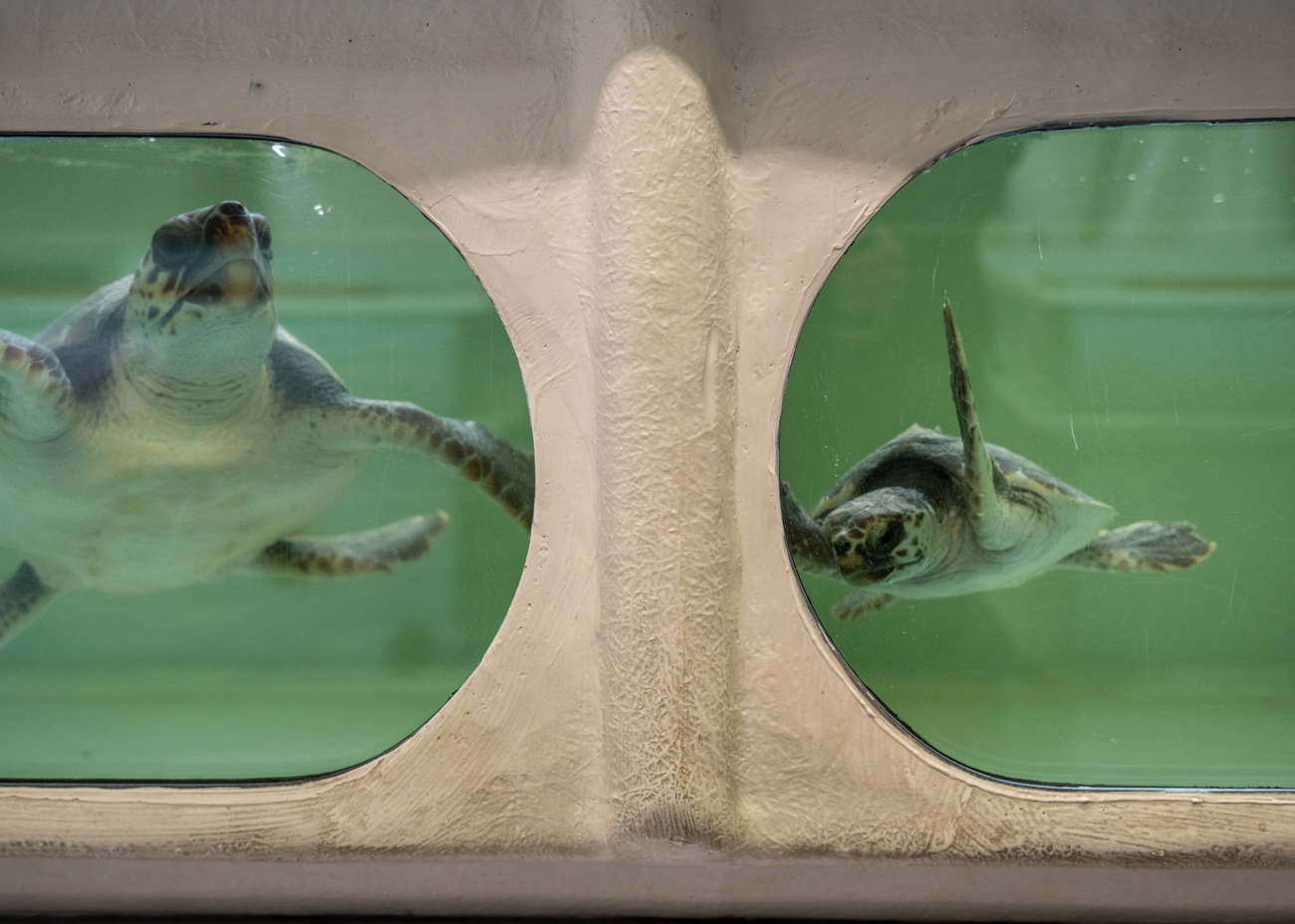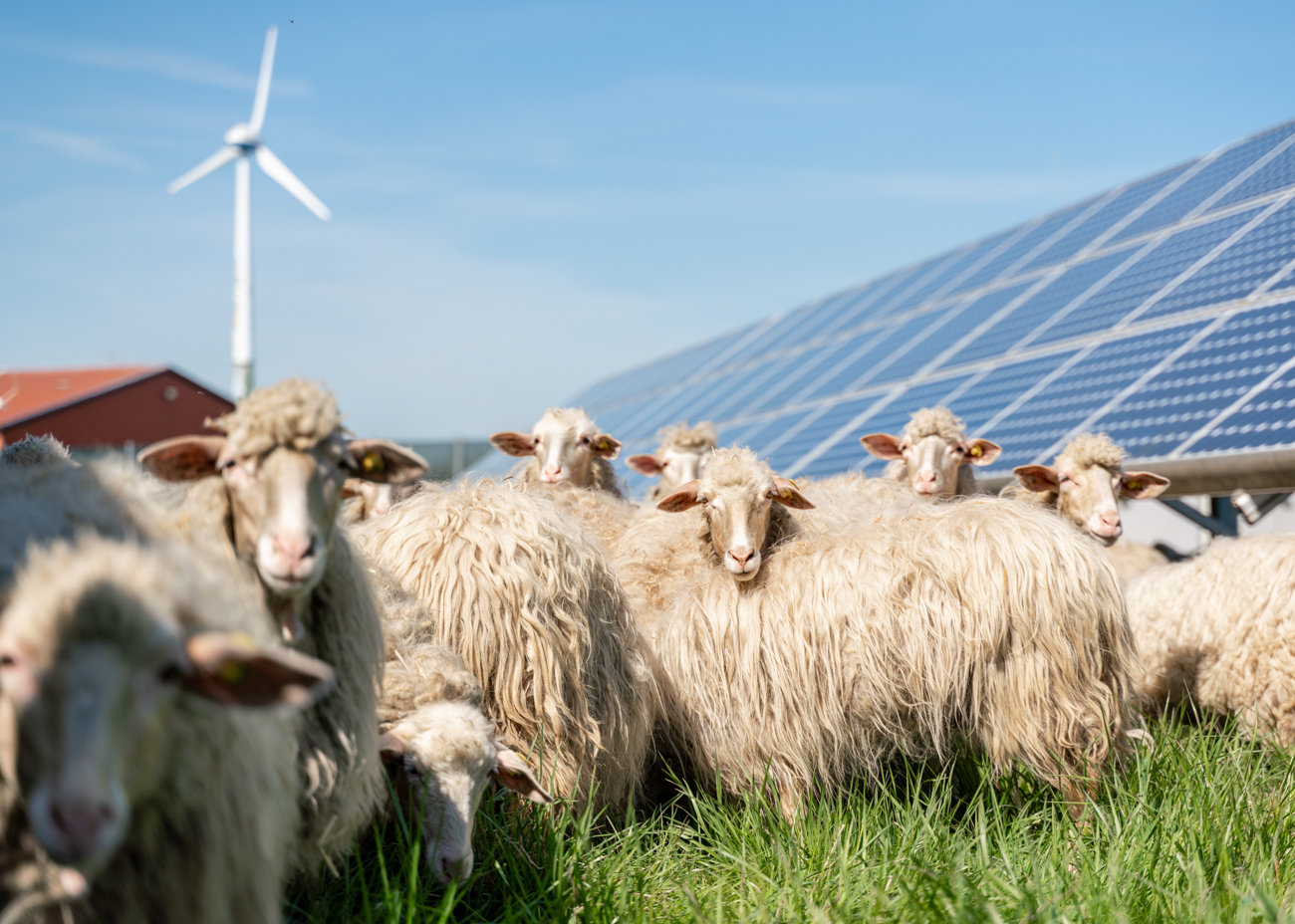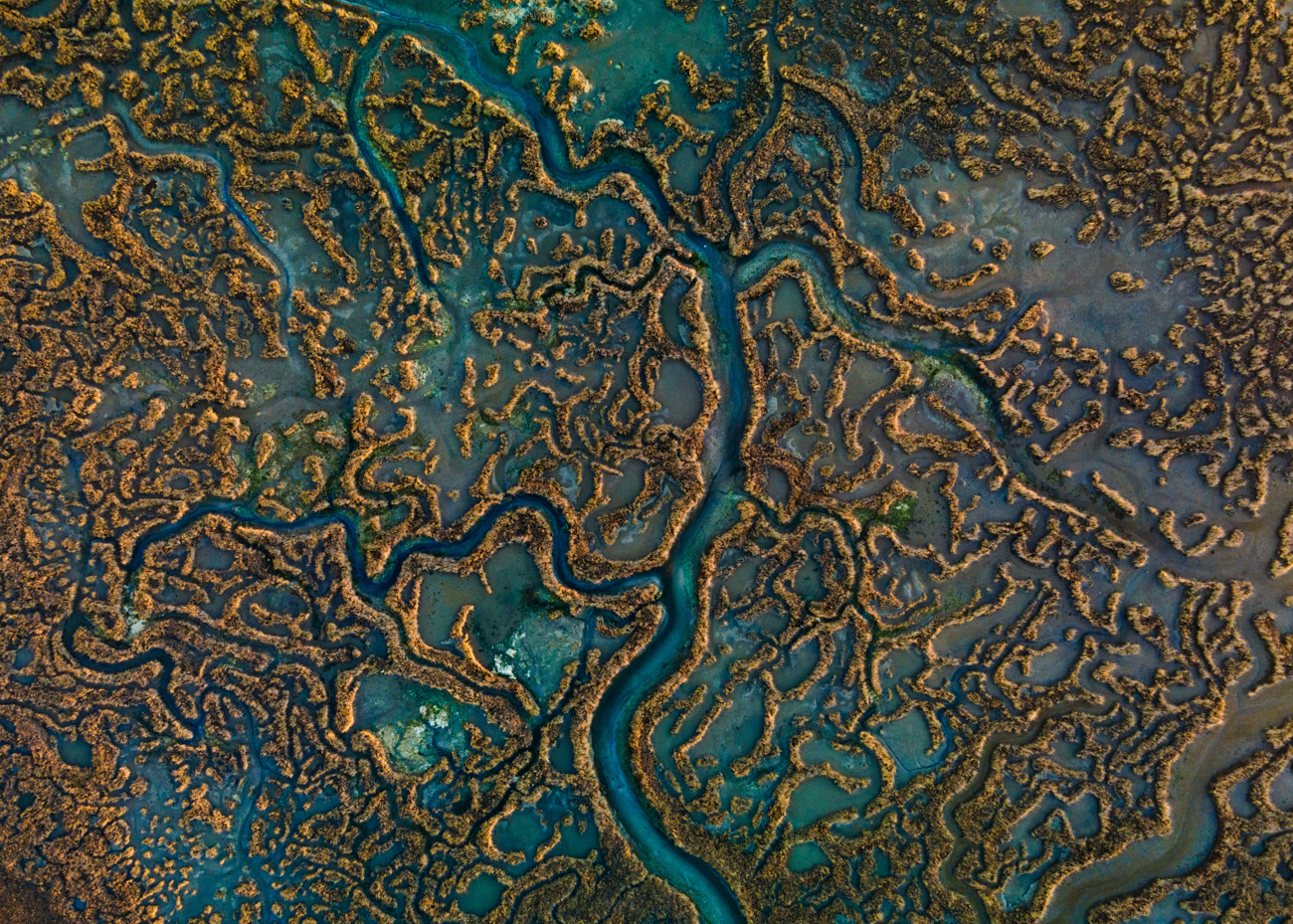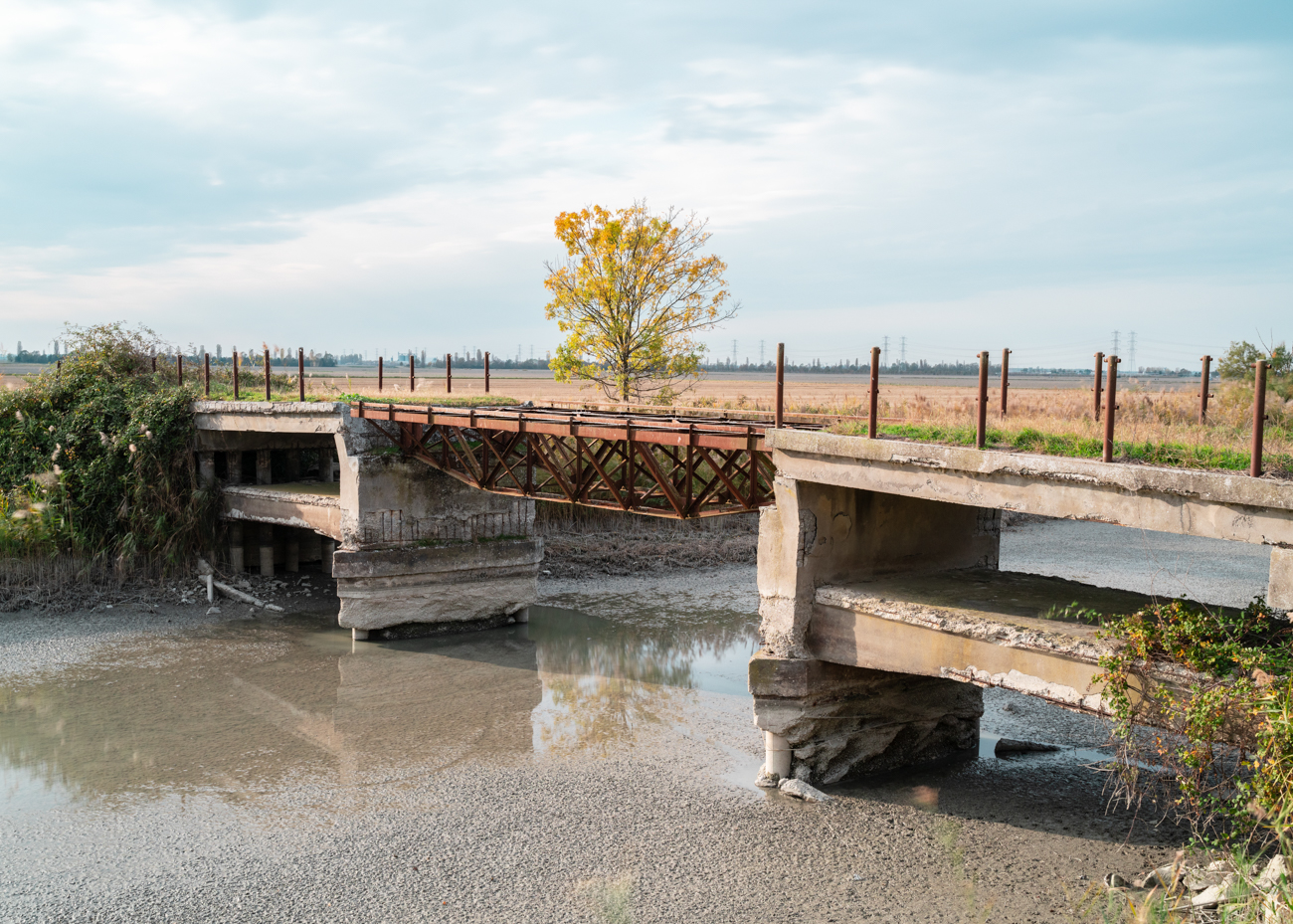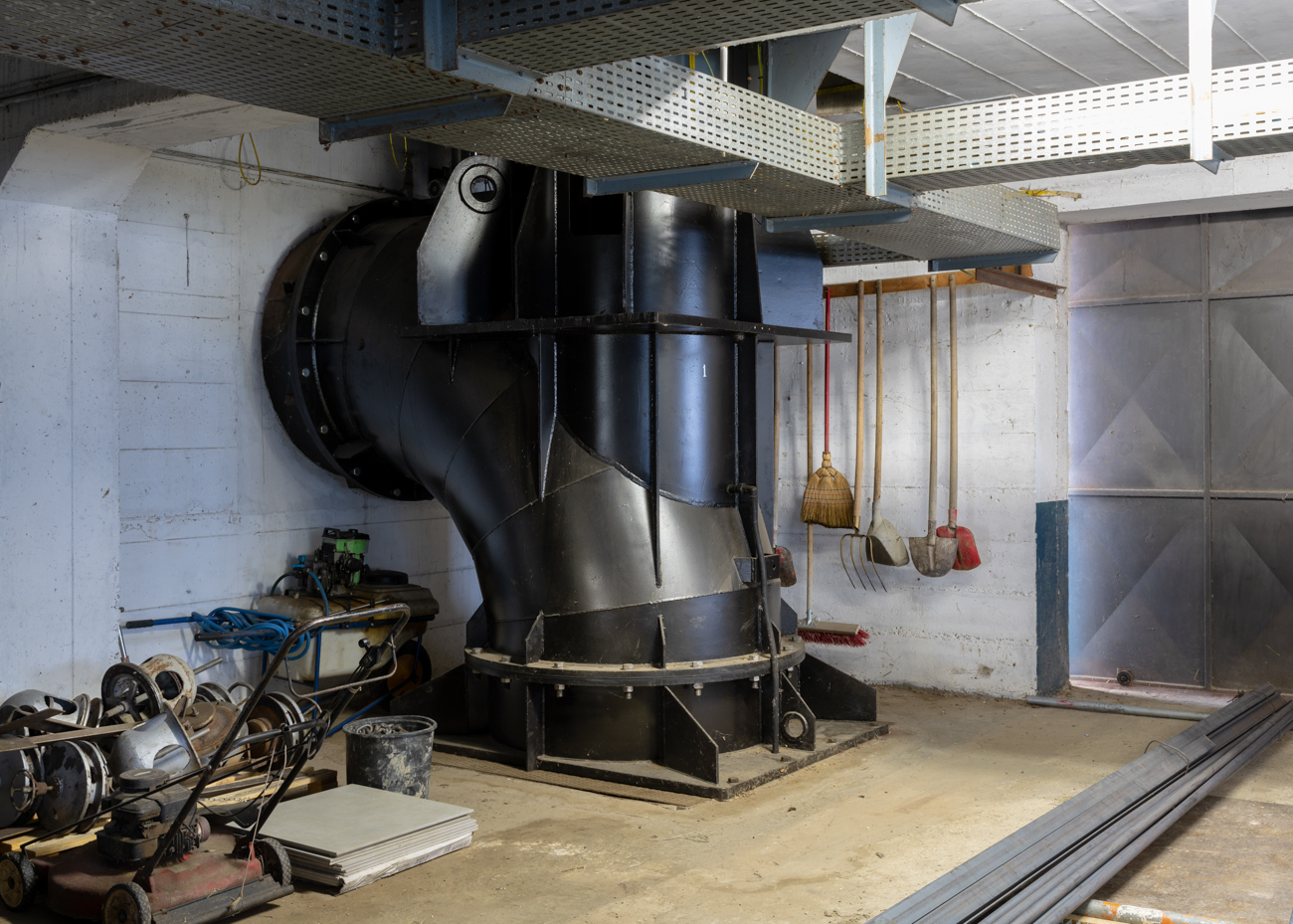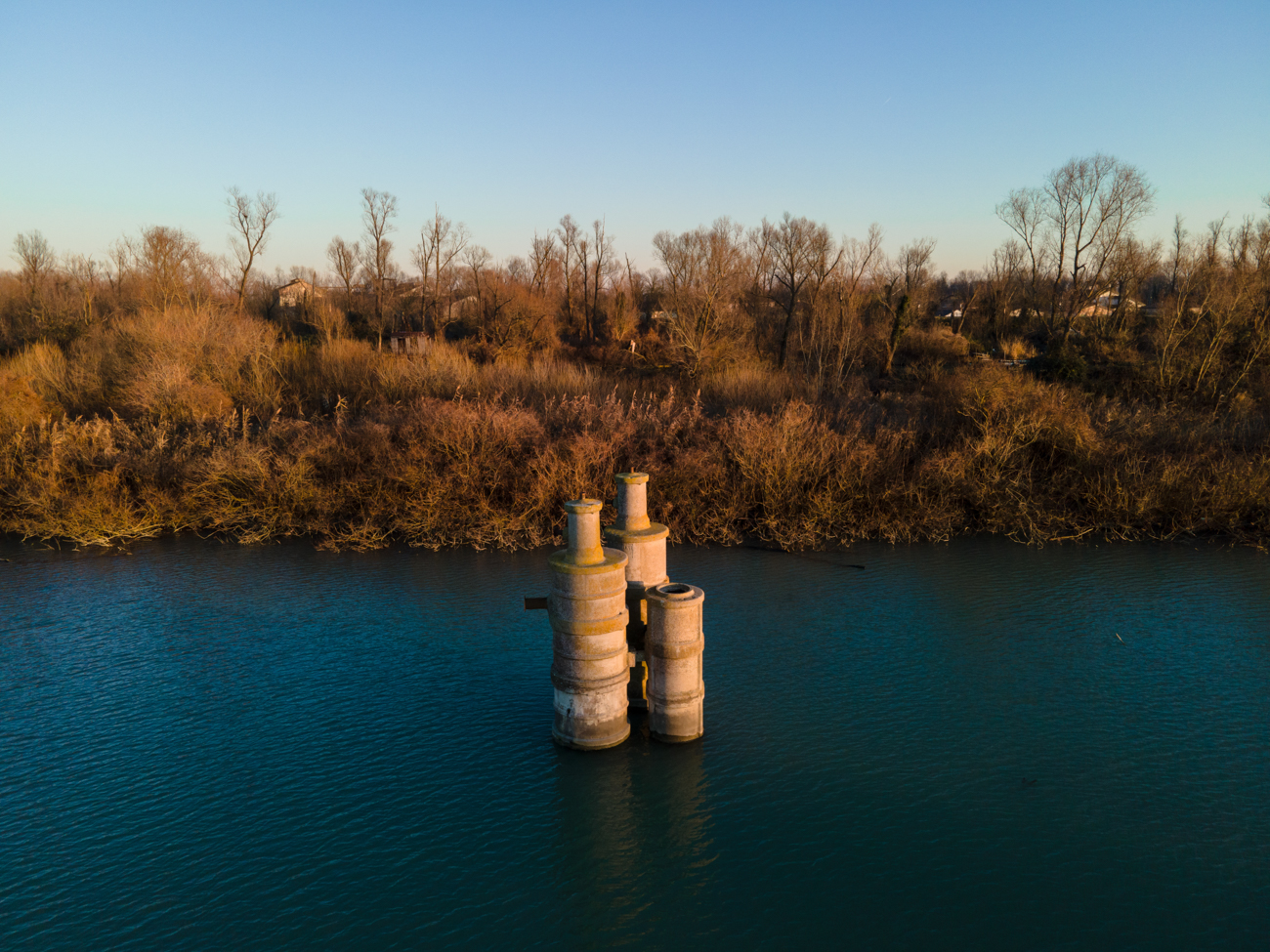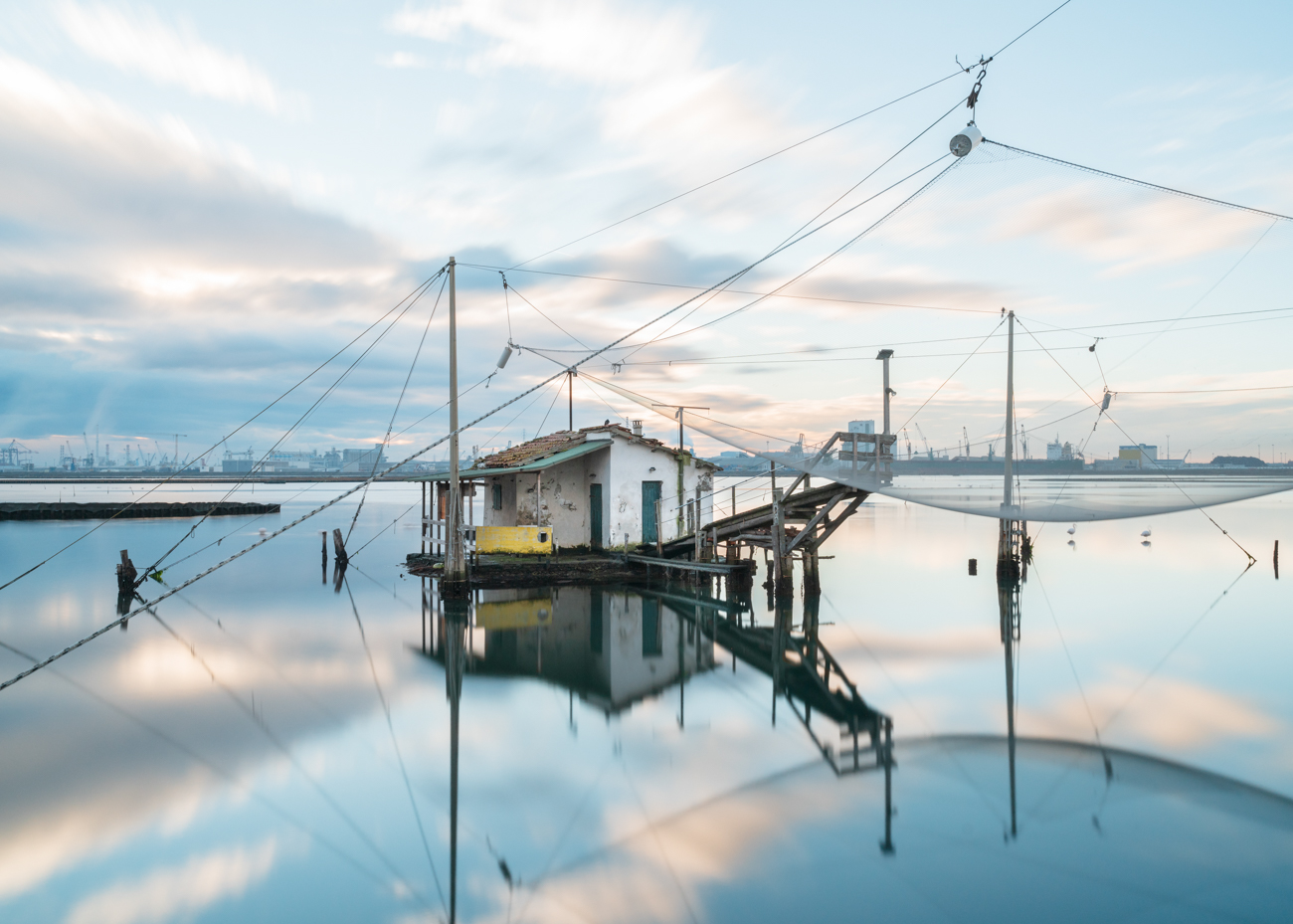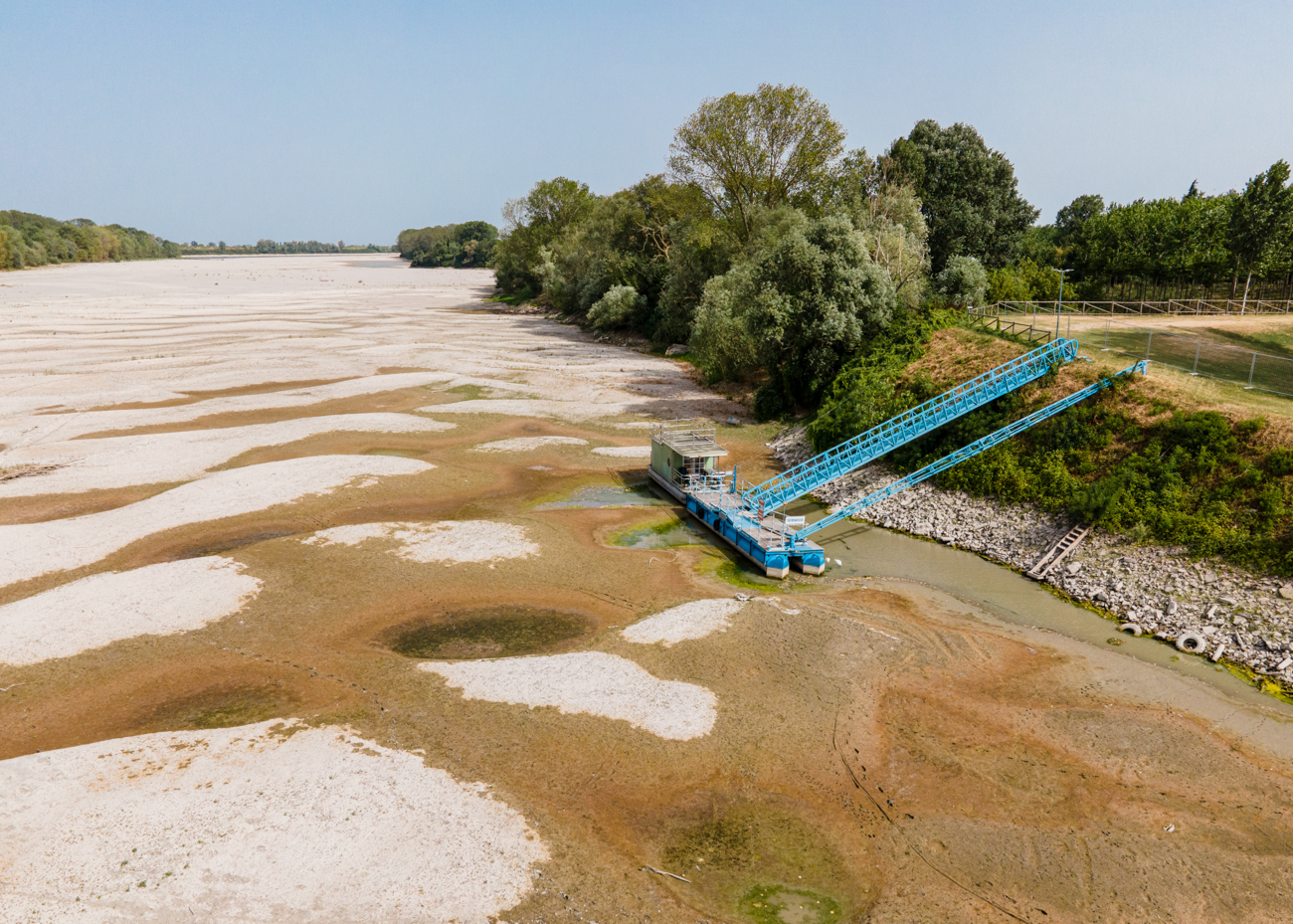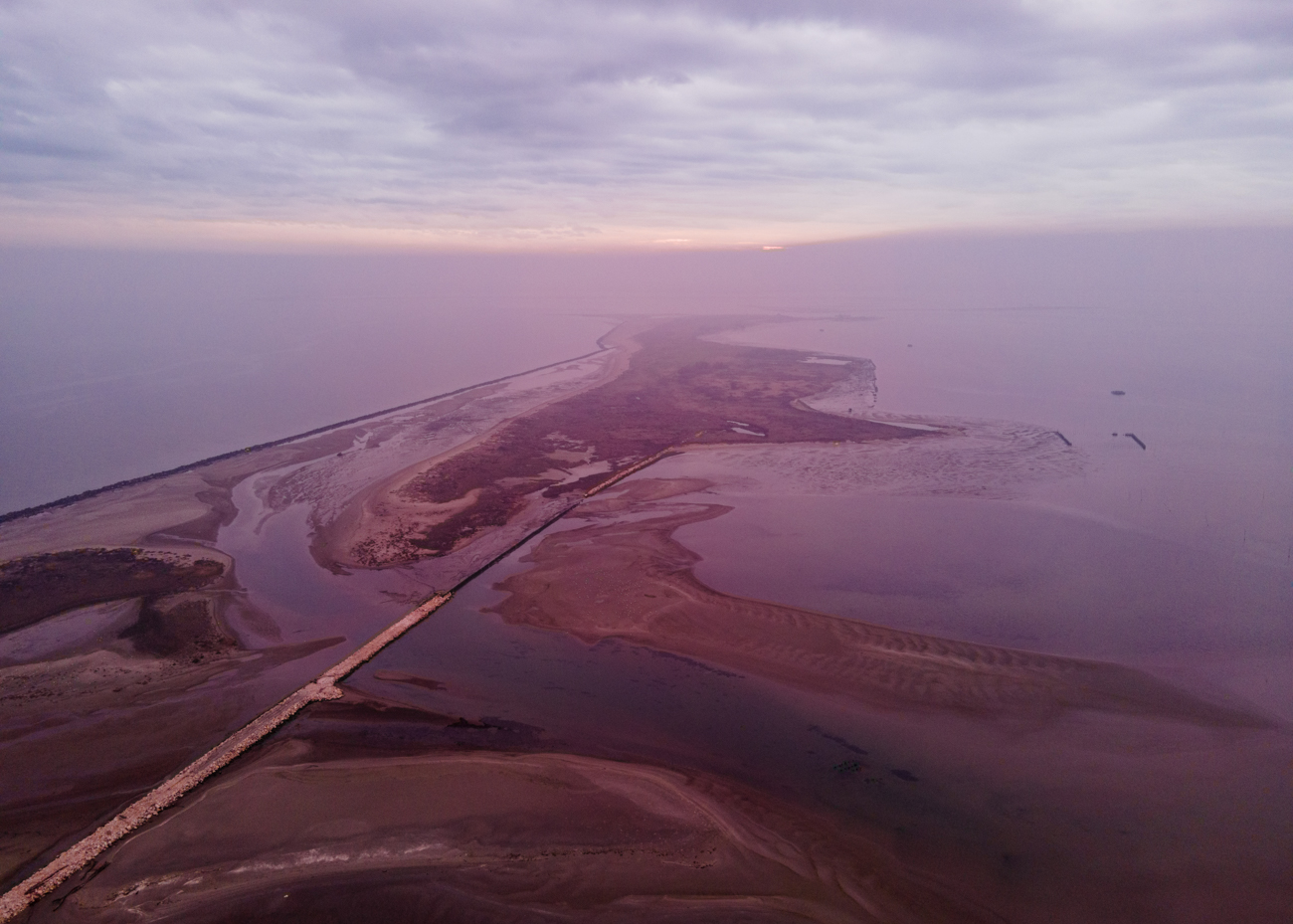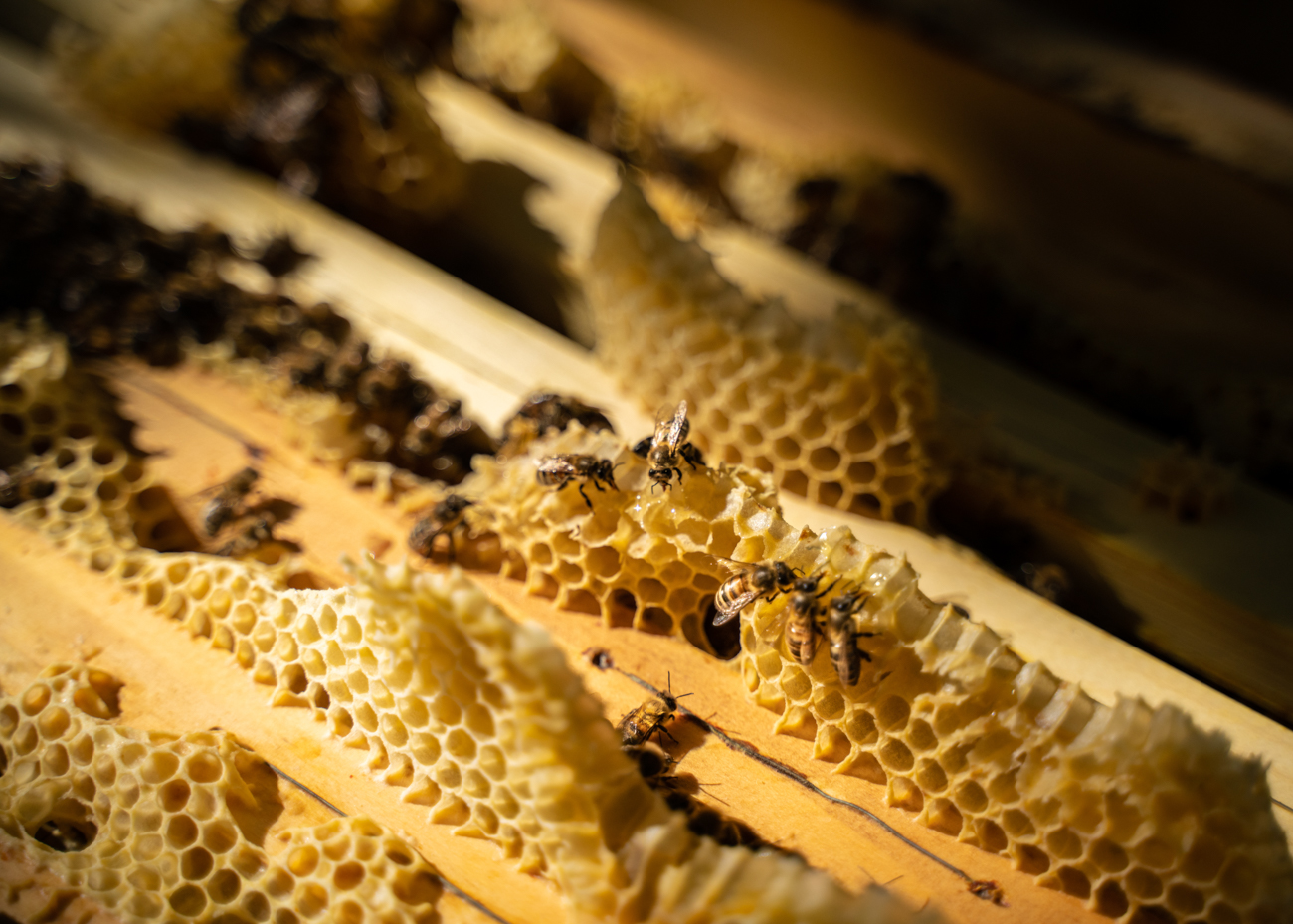Finis Terrae
The impact of climate changes on the fragile ecosystem of the Po Delta
Photo by Stefano Marzoli
Suspended between water and land, the River Po Delta is Italy’s largest wetland area and one of the most beautiful in Europe. Recognised by UNESCO as a biosphere reserve as part of the MAB (Man and Biosphere) programme, today it is also a symbol of the negative effects of climate change. These include: drought, desertification, global warming, rising sea levels, flooding, agricultural damage, extinction of native animal species as well as the arrival of invasive alien species. In July 2022 water levels fell to a record
minimum, enabling the salty seawater from the Adriatic to arrive 40 km inland (in 1950 it reached only 3 km).This state of emergency has forced the authorities to prohibit the extraction of water for drinking, leading to rationing in some communities for agricultural irrigation, consequently bringing the farming sector to its knees. As if this were not enough, the energy crisis caused by the war in Ukraine has interrupted the energy transition towards renewable energies in this fragile ecosystem and reopened the debate about the use of fossil fuels.
The Po Delta is home to 300 species of bird, 50 types of fish, 40 different mammals and 1000 plant species, but it is also rich in natural gas. The indiscriminate exploitation of this resource over the years has led to major subsidence, sinking some areas by up to 4 meters below sea level, at a huge human and economic cost (every year 7 million euros is spent on electricity to prevent flooding).
Italian law prohibits new projects for extracting gas on land, but not on platforms in the sea. The new offshore drilling concessions and the use of abandoned platforms as storage tanks are a major source of concern for environmentalists and local communities who fear for the future of this area.
( 2022 )
